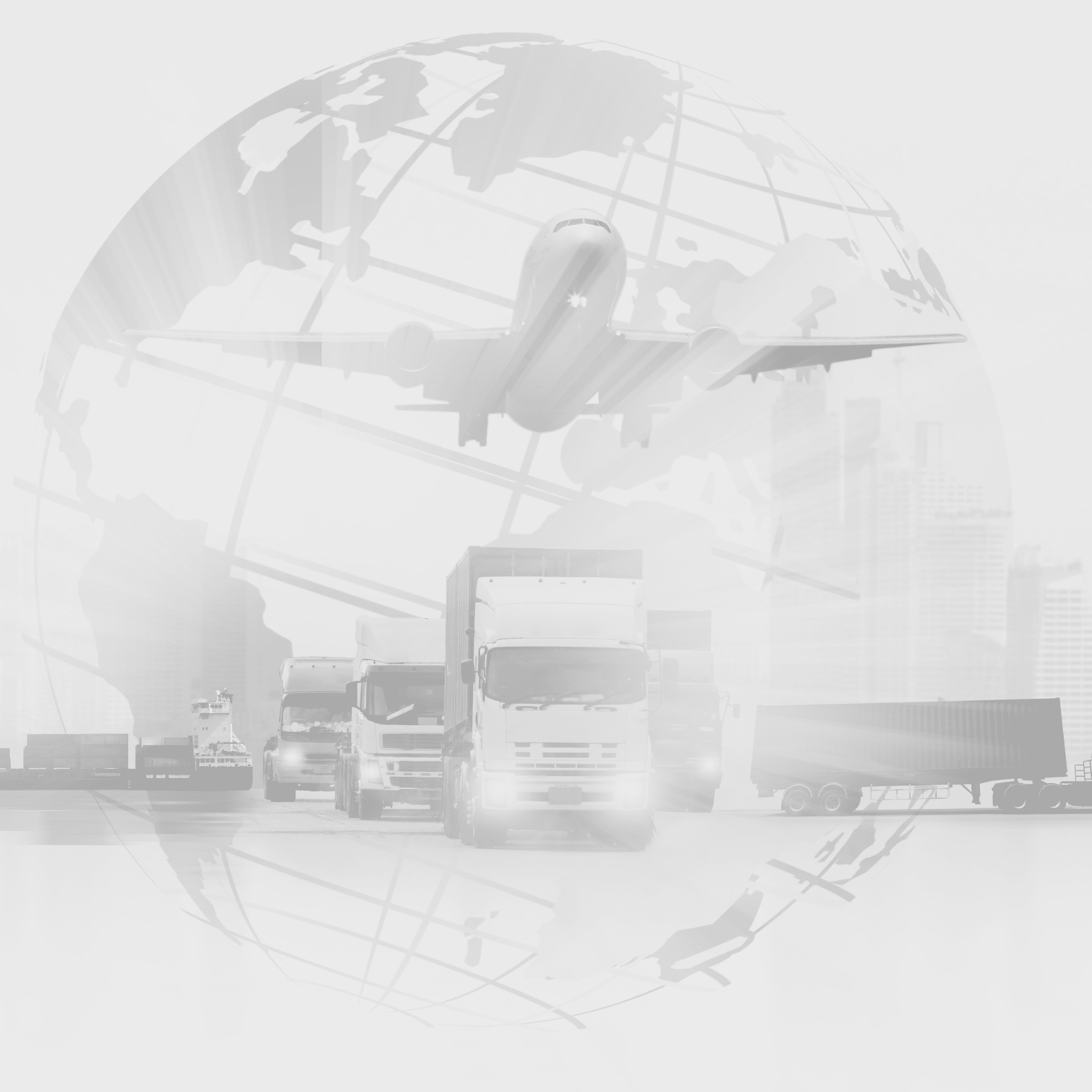Logistics-trends 2023

We are looking forward to 2023. After many challenges for the logistics sector last year, we are confident about what lies ahead. In addition to familiar topics, new and exciting trends are also coming into focus this year. In this article, we will take a closer look at these and give you an overview of the logistics year 2023.
Algorithms & AI
Artificial intelligence (AI) is already firmly established in many areas of everyday and professional life, and it is also playing an increasingly central and fundamental role in logistics.
There are many possible applications for AI in logistics. For example, it can help to optimize transport routes and thus save costs. AI can also be helpful in forecasting transportation and planning stock levels. There are already various software offerings for this. Our SaaS solution, for example, is a cloud-based SaaS solution that combines holistic transport planning with integrated forecasting and thus represents a comprehensive solution for challenges in inbound and outbound logistics.
Artificial intelligence can also be used in customer service. For example, chatbots can answer customer queries quickly and reliably, allowing employees to focus on more important tasks for the company.
Another interesting aspect is the use of AI in the maintenance of transport vehicles. By using sensors, potential malfunctions can be detected and repaired at an early stage before breakdowns occur. This sustainable approach saves companies both monetary and employee-related resources.
Overall, AI, like software, offers many opportunities to make logistics even more efficient and cost-effective. In addition, AIs also generate many benefits for employees and thus simplify their daily work. This means that the time gained here can be increasingly used for strategic work.
Sustainability & climate neutrality
Sustainability and climate neutrality in logistics are two key factors that have increasingly become the focus of public attention. This is primarily due to the responsibility of the logistics industry for a large proportion of the CO2 emissions generated. However, this also leads to the conclusion that logistics companies can play an important role in reducing emissions.
There are several measures that can be taken by companies in the logistics sector to improve their sustainability and reduce CO2 emissions. Among the most important are:
One of the main approaches is to increase the efficiency of their own logistics. To achieve this, the utilization of the transports carried out must be increased. Truck loads are often only viewed in one dimension. However, software solutions take a three-dimensional approach and also consider future demands, as consolidation allows loading areas to be utilized efficiently. By using detailed container stacking, 3D load space planning and exact consideration of loading meters, weight and volume, our software solution reduces empty runs or LTLs and thus reduces the total number of trucks required.
Another important factor is more effective route planning. In so-called milk runs, destinations of tours that are not fully utilized are consolidated so that a trip with several stops in a row is created. This effectively and, above all, sustainably reduces the number of transports and thus trucks on the roads.
By implementing these measures, companies in the logistics sector can significantly reduce their ecological footprint and make their contribution to climate protection. In addition, the options mentioned above also offer companies considerable monetary savings.
Advanced analytics
Data analysis and reporting play an important role in the logistics industry as they help companies to improve their performance and efficiency. By analyzing data, companies can gain important insights that help them optimize their processes and improve their performance. Advanced analytics involves looking much deeper for patterns or structures to get the relevant analysis on data (big data). With tools such as S2data Advanced Analytics, a wide range of data is calculated, collected and indexed, which combines effective analysis with customized reports.
Transportation analysis including TCO (Total Cost of Ownership) is one of the most important elements in the world of logistics. It enables companies to minimize their transport costs (direct and indirect costs) by highlighting parameters that need to be optimized. In particular, by optimizing transport times, routes, loading, freight consolidation or tariff selection as a whole, companies can improve their efficiency and thus make significant cost savings.
Data reporting also plays an important role in the logistics industry. By creating reports, companies can be transparent about their performance and efficiency and document their progress in terms of sustainability and carbon neutrality. Reports can also help companies better understand their goals and strategic priorities and adjust their performance accordingly. For example, the reporting tool in our software can automatically generate pre-built reports so that important KPIs are quickly visible.
Overall, data analysis and reporting in the logistics sector offers many benefits. It enables companies to optimize their processes and improve their performance, allowing them to increase their competitiveness and contribute to climate protection at the same time.